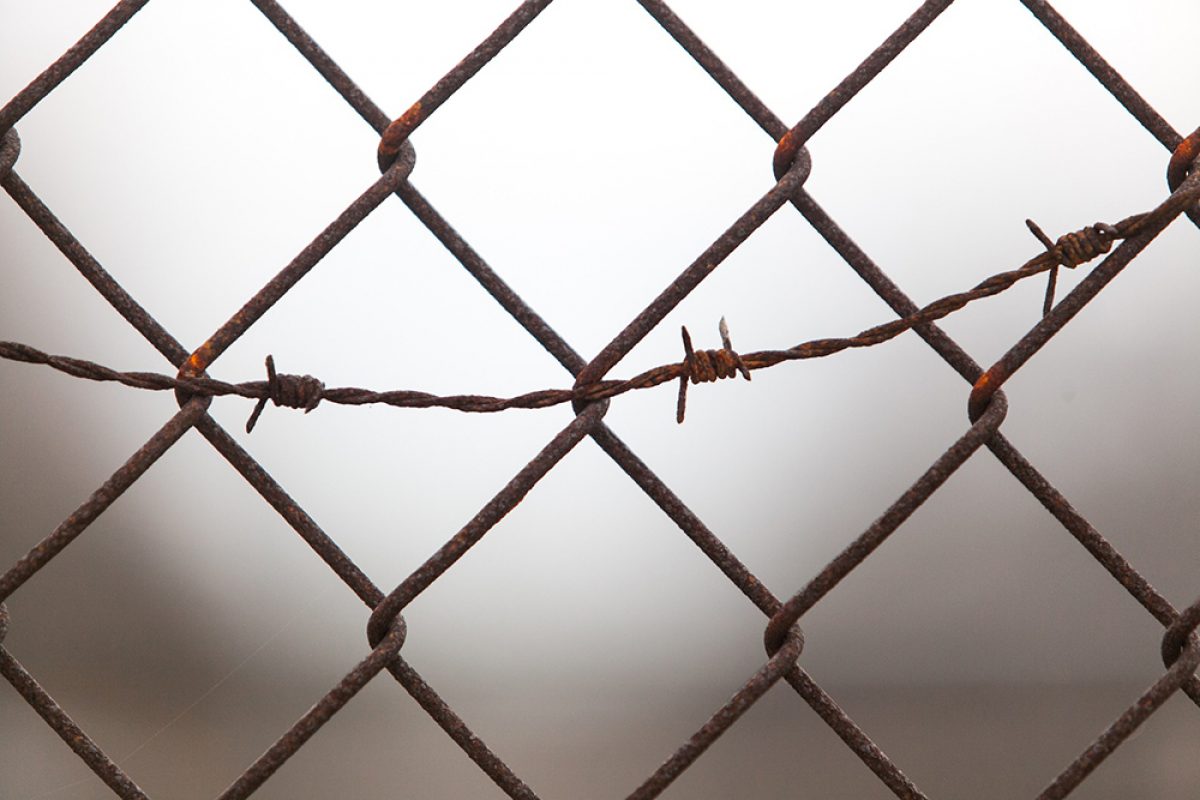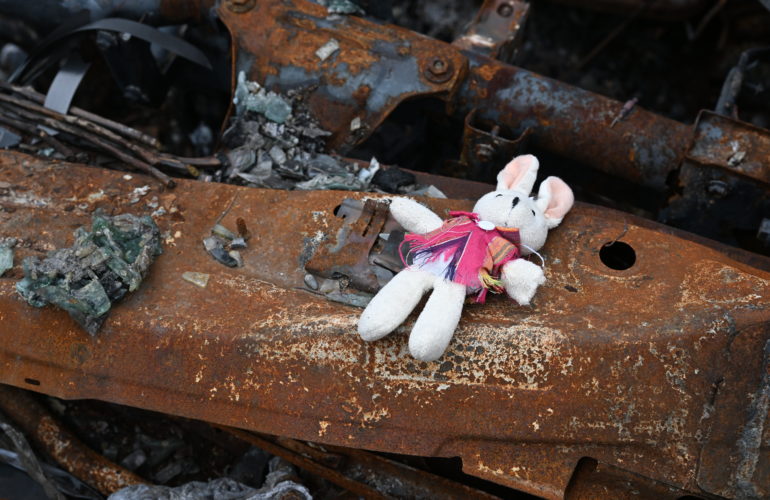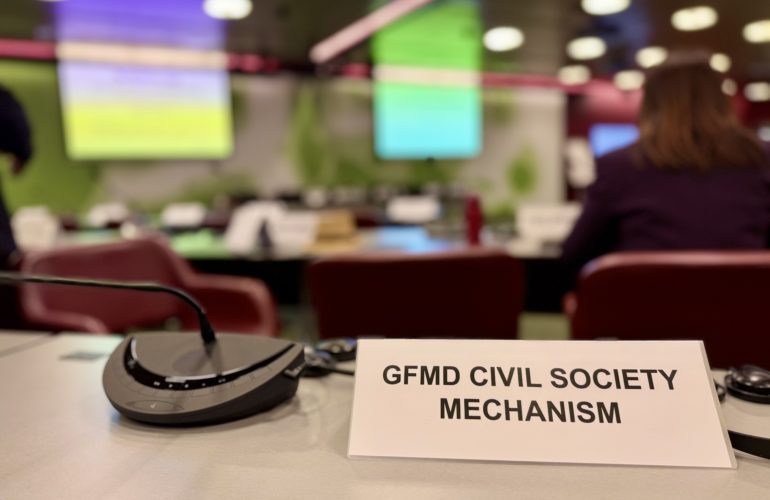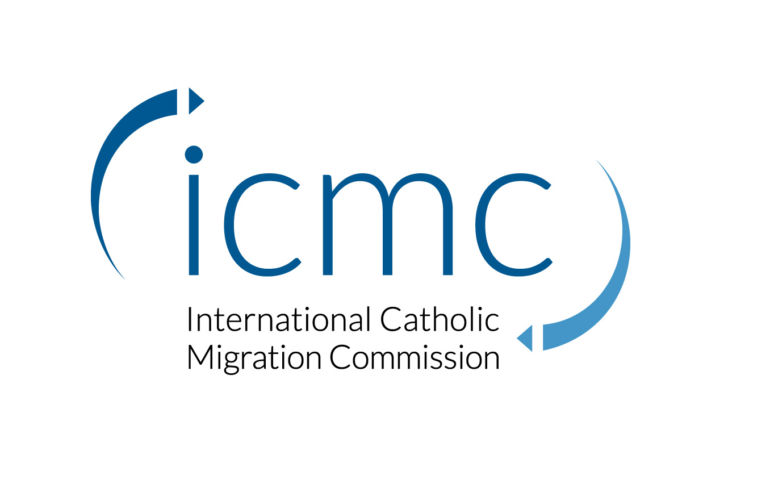Civil Society Organizations Denounce “Unacceptable Events” at the Greek-Turkish Border

In a joint statement released on 12 March, 32 member organizations of the Civil Society Action Committee criticized States’ usage of “migrants and refugees as bargaining chips”. They referred to the current situation at the Greek-Turkish border and urged governments to carry out their international responsibility to protect migrants and refugees. Meanwhile, religious leaders urged that the suffering of the refugees amid the coronavirus outbreak not be ignored, or, worse yet, forgotten.
“Events like those experienced recently at the Greece-Turkey border are completely unacceptable,” reads the statement supported by the Action Committee’s 32 member organizations. “We are appalled to see that people escaping violence and conflicts are further instrumentalized and exposed to life-threatening situations.”
The statement comes in response to recent developments at the border separating Turkey and the European Union. At the end of February, the Turkish government announced that it would no longer stop migrants and refugees attempting to cross into Greece. This effectively put an end to a March 2016 agreement between Turkey and the European Union, according to which Turkey was to act as a buffer zone for asylum seekers attempting to enter Europe.
Turkey currently hosts four million refugees and asylum seekers — more than any other country worldwide. Most of them have fled the war in Syria.
Turkey’s decision prompted many migrants to head to the border, where they have been met by Greek riot police refusing to let them enter Greece. On 1 March, the Greek government announced that it was suspending asylum applications for a month and was deporting migrants who entered Greece irregularly. Migrants and refugees were stuck between Turkish and European law enforcement forces exchanging tear gas, neither side allowing them to advance or to retreat.
For more than nine years, “the international community has failed to find a political solution to the conflict in Syria. This cannot continue. We expect States to work together right now with all their power to bring an end to the conflict and violence in Syria first and foremost and not turn their coast guards, police and other armed forces against the victims of conflict and injustice,” the NGOs’ joint statement declared.
The statement further notes that the current situation violates European and international laws, including the 1951 Refugee Convention and the Convention of the Rights of the Child, both of which are binding for States. It also breaches the non-binding Global Compact for Migration and the Global Compacts on Refugees adopted by most States in December 2018.
It urges governments to find durable solutions to the situation at the Greek-Turkey border and in other areas where migrants and refugees are the hostages of political strategy. It names broadening responsibility-sharing and expanding regular pathways for migration as solutions that States can implement.
Created in 2016 and co-convened by the International Catholic Migration Commission, the Civil Society Action Committee focuses on coordinating civil society’s response for a better implementation of the Global Compact for Migration.
Religious Leaders Call Not to Forget Refugees
On 9 March, a few days before the Action Committee’s statement, Catholic and Lutheran Bishops of Denmark, Finland, Iceland, Norway, and Sweden published a statement of their own. They urged European Member States to accomplish their legal and moral obligations towards migrants by respecting their right to asylum.
“At present, our physical and mental boundaries are being tested by the spread of the new coronavirus and the developing refugee situation on the external borders of Europe. A common trait of both challenges is that they require us to take personal and shared responsibility, across all boundaries and irrespective of political convictions. They challenge us as people and members of the human race. Burdens should be shared and shouldered jointly. If we fail, we lose our humanity,” reads the Bishops’ statement.
It goes on to describe how, unlike the new coronavirus outbreak, migrants should not be targeted. “The principal danger to Europe does not stem from the thousands of people seeking refuge at the borders to our continent. Rather, it comes from a breakdown in belief in the future, from a loss of universal values and human dignity, and from short-sighted politics on all sides.”
The statement describes the creation of the European Union as a project of peace and urges governments to continue to see it as such, particularly in this present period of Lent.
Pope Francis, too, reminded the public of Syrian refugees’ suffering. During his weekly General Audience of 11 March, after thanking from his heart all those involved in fighting the coronavirus outbreak, the Holy Father said: “I do not want this pain, this epidemic which is so strong, to make us forget the poor Syrians, who are suffering at the border of Greece and Turkey: a people suffering for years. They have to flee from war, from hunger, from illnesses. Let us not forget our brothers and sisters who are suffering there.”
NB. As of 17 March, the situation at the border has reportedly calmed down while the Turkish, French and German governments continue to negotiate a way out.


